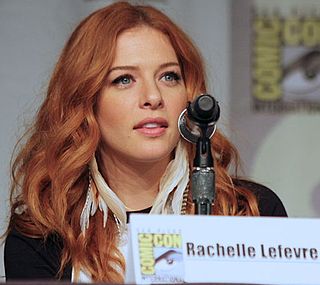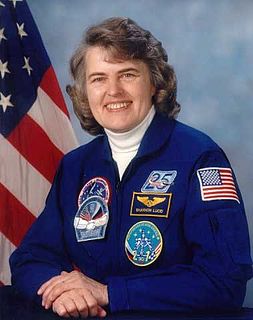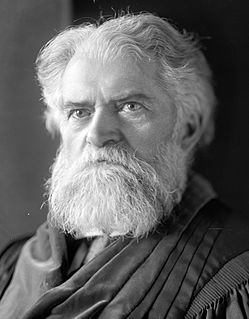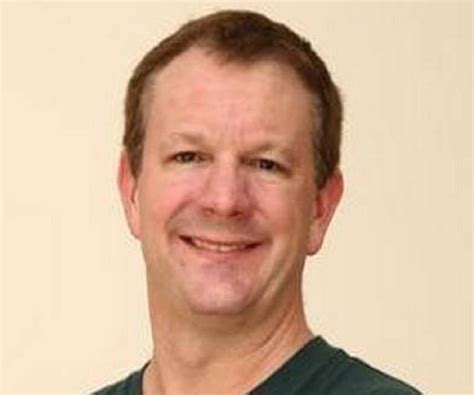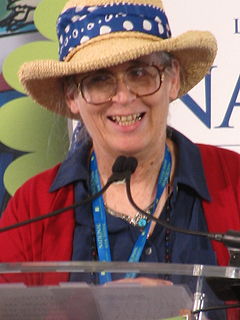A Quote by Rachelle Lefevre
I went to McGill University, but I didn't graduate. They won't graduate me because I didn't have a degree in any one thing. I studied everything and they were like, "You studied too many things, so we can't give you a degree."
Related Quotes
I have a graduate degree from Penn State. I studied at Penn State under a noted Hemingway scholar, Philip Young. I had an interest in thrillers, and it occurred to me that Hemingway wrote many action scenes: the war scenes in 'A Farewell to Arms' and 'For Whom the Bell Tolls' come to mind. But the scenes don't feel pulpy.
I'd studied English literature and American history, but the English literature, which I thought was going to be helpful to me in an immediate way, was the opposite. So I had to un-think a lot of things and move out of my own head, and I learned a lot. It was like graduate school, but an un-graduate school or an un-school.
I studied journalism at The University of North Carolina - Chapel Hill. I did my graduate work at Emerson in Boston, and I was actually a reporter for a year in New York and New Jersey. It dawned on me that I wasn't cut out for that line of work. I mean... there's a certain thing that really good reports have that I just didn't.
People who graduate are more resilient financially, and they weather economic downturns better than people who don't graduate. And, throughout their lives, people who graduate are more likely to be economically secure, more likely to be healthy, and more likely to live longer. Face it: A college degree puts a lot in your corner.
My mother worked at the telephone company during the day and sold Tupperware at night. Evenings, she took classes when she could at University of Maryland's University College, bringing me along to do homework while she studied to get the degree she hoped would offer her and me greater opportunities.
